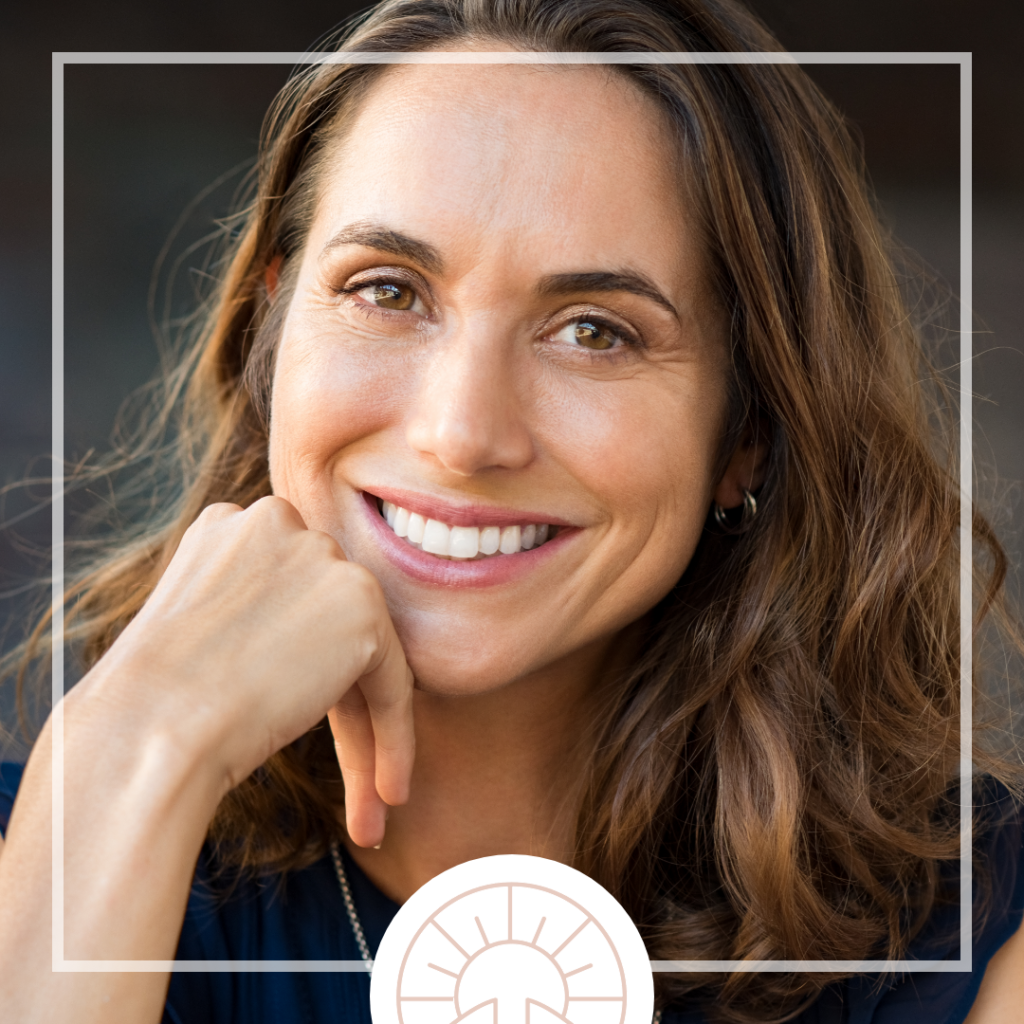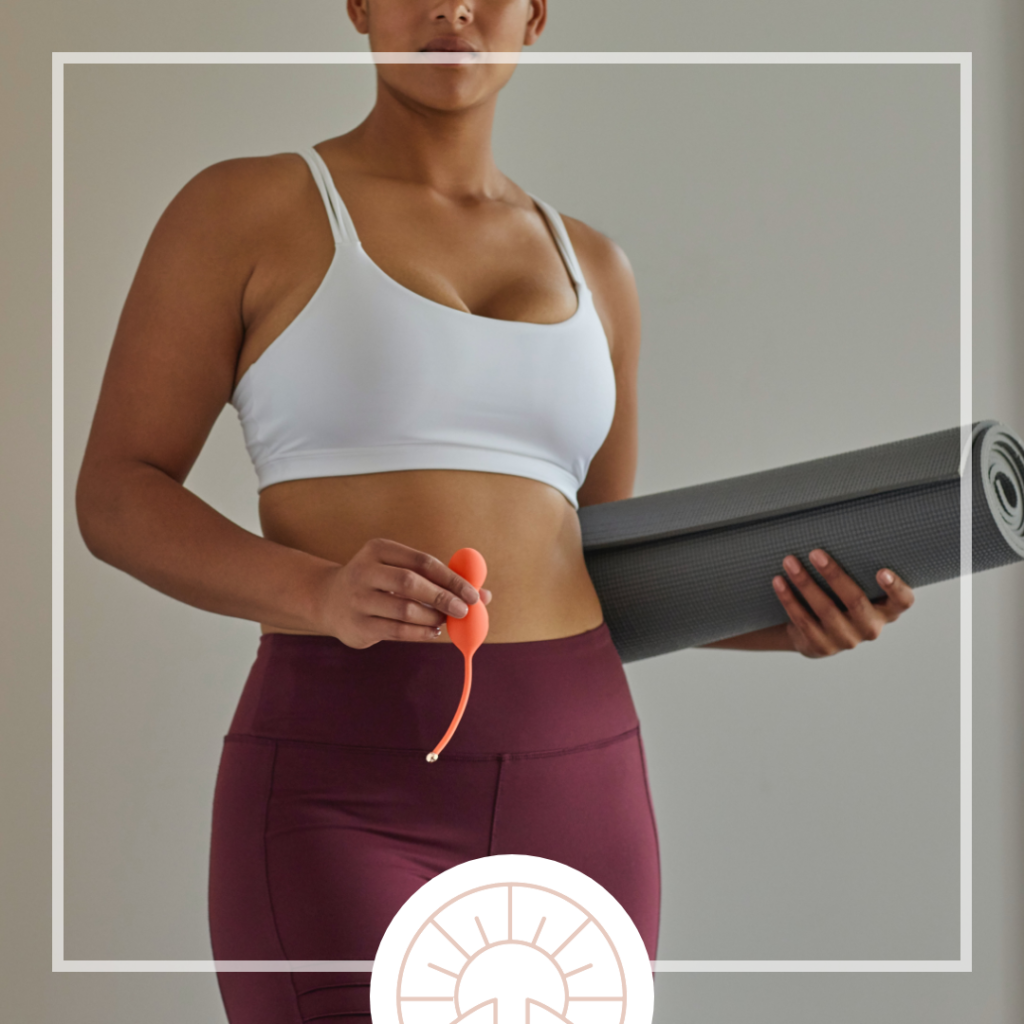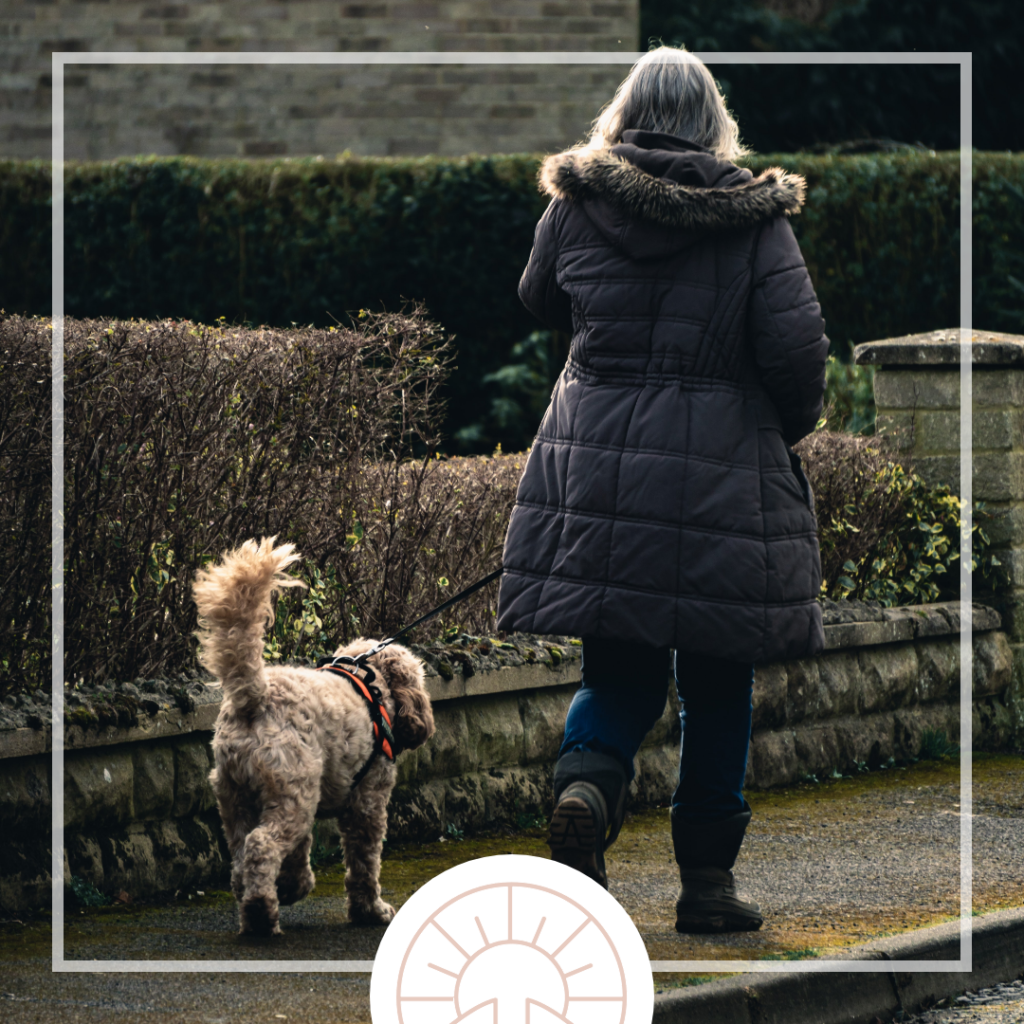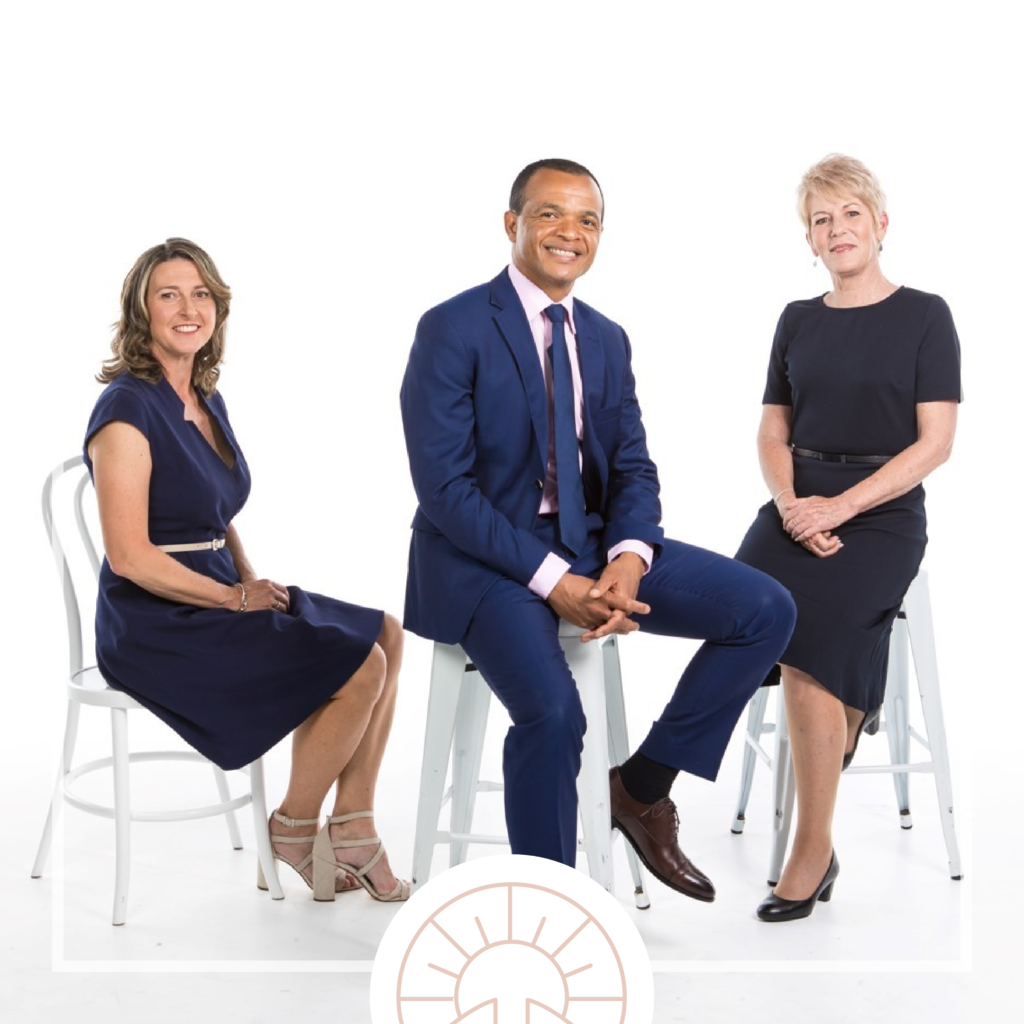Women’s Health Week 2022
Women’s Health Week is an annual reminder for women all over Australia to look after their health and wellbeing.
Let’s admit it, women are super human! Raising children, working on our careers, studying, being a social butterfly (yes, this includes with your cat at home), all while tackling period pain to hot flushes. That’s why this Women’s Week topic is fitting as… “It’s all about you”.
Women’s Health Week is not just about looking after your physical wellbeing, but you’re your mental health. It runs over a week and has a different theme everyday:
Day 1: Check me out – Getting health checks at every age
Day 2: Menopause Matters – A focus on menopause and peri-menopause
Day 3: Pelvic Power – Pelvic floor health and pelvic pain
Day 4: Mind health – Mental wellbeing and brain health
Day 5: Move and improve – Physical activity and your health
Check me out
It is recommended that women visit their GP annually for a check-up, but let’s be honest sometimes time isn’t on your side. The value behind regular medical check-ups is that it can detect any potential health issues early on, which ultimately improves your chances of receiving successful treatment.
There are currently national health screenings in place to detect common diseases early, including:
National Cervical Screening Program – The National Cervical Screen Program is to reduce illness and death from cervical cancer. Those with a cervix aged 25 to 74 years of age are able to have a Cervical Screening Test every 5 years.
BreastScreen Australia Program – Women over 40 can have a free mammogram every 2 years and we actively invite women aged 50 to 74 to screen.
National Bowel Cancer Screen Program – Eligible Australians from 50 to 74 years of age are sent a free, simple test that is done at home.To find out more click here.

Get close and personal with yourself! Women are also encouraged to do self-checks, and they should make this part of their daily routine. Be the person that knows their body the best.
Self-checks include:
- Reviewing your skin every couple of months to look out for new moles, freckles, or bumps that looks different to those around it.
- Examining your breast visually and physically to detect any new lumps, bumps or pains within the breasts. Learn here how to be a thorough breast examination.
Menopause Matters
Menopause is an inevitable part of a women’s life, it marks the end of her reproductive life, and generally starts between the ages of 45 and 55.
Not all women will be severely affected by Menopause, however, you might experience these signs and symptoms:
- Irregular periods
- Vaginal dryness, burning and irritation
- Urinary problems: increased urgency, pain and recurrent urinary tract infections.
- Hot flashes
- Chills
- Night sweats
- Difficulty sleeping
- Difficultly concentrating
- Forgetfulness
- Mood changes
- Weight gain and slowed metabolism
- Thinning hair and dry skin
If menopausal symptoms are affecting your quality of life, please seek professional help from you GP or get a referral to TOAG.
Pelvic Power

Pelvic Floor Muscles
Your pelvic floor muscles support the bladder, uterus, and your bowel. It is important to have strong and healthy pelvic floor muscles, as it will prevent incontinence and prolapse, and will positively affect your sexual function.
The pelvic floor can be weakened due to pregnancy, childbirth, obesity, cancer treatment, and the straining effects of chronic constipation.
Exercising your pelvic floor muscles, or using the Emsella Chair (a treatment provided here at TOAG), will help improve your muscle strength.
Pelvic Pain
Is pelvic pain impacting your everyday life? Please acknowledge that this isn’t normal, and that you shouldn’t have to live with the pain.
Pelvic pain can have many causes including:
- Gynaecological conditions: endometriosis, polycystic ovarian syndrome (PCOS), organ rupture, ovarian cysts, and uterine fibroids.
- Menstruation – Over half of all women will have some pain on 1st or 2nd day of their cycle, and this is relatively normal. However, if this pain prevents you from functioning normally, cannot be managed at home, or lasts longer than the first few days of your cycle, please visit your GP as soon as possible.
- Urinary tract infections (UTIs)
If you’re living with pelvic pain, please visit your GP or ask for a referral to Dr Homar Lanziz.
Mind health
A women’s superpower generally involves putting other people first. But when it comes to your health it is important to prioritise your own needs, and speak up when you need help.
While good mental health is essential to the overall health of both men and women, women experience some mental health conditions at higher rates than men.
There are many people that are standing by to speak to you if you are struggling. Sometimes just talking to someone will help, and your GP can refer you to a psychologist if needed.
Organisations that are here to help:
Beyond Blue – Call 1300 22 4636, 24 hours/7 days a week, chat online or email.
Lifeline provides 24-hour crisis counselling, support groups and suicide prevention services. Call 13 11 14, text on 0477 13 11 14 (12pm to midnight AEST) or chat online.

Move and improve
In Australia, 86% of women did not meet the physical activity and muscle strengthening guidelines¹, as set out by Australia’s Physical Activity and Sedentary Behaviour Guidelines.
It’s recommended to do 30 minutes of body movement a day. Regular exercise can improve back, muscle and joint pain, encourages better sleep, increases energy levels and lowers the risk of developing a number of significant conditions and diseases.
If you are concerned about your health, both physical or mental, then your first step should be to contact your GP.
Help at TOAG
Toowoomba Obstetrics and Gynaecology
07 4592 8350
Suite 8/9 Scott Street, East Toowoomba QLD 4035

